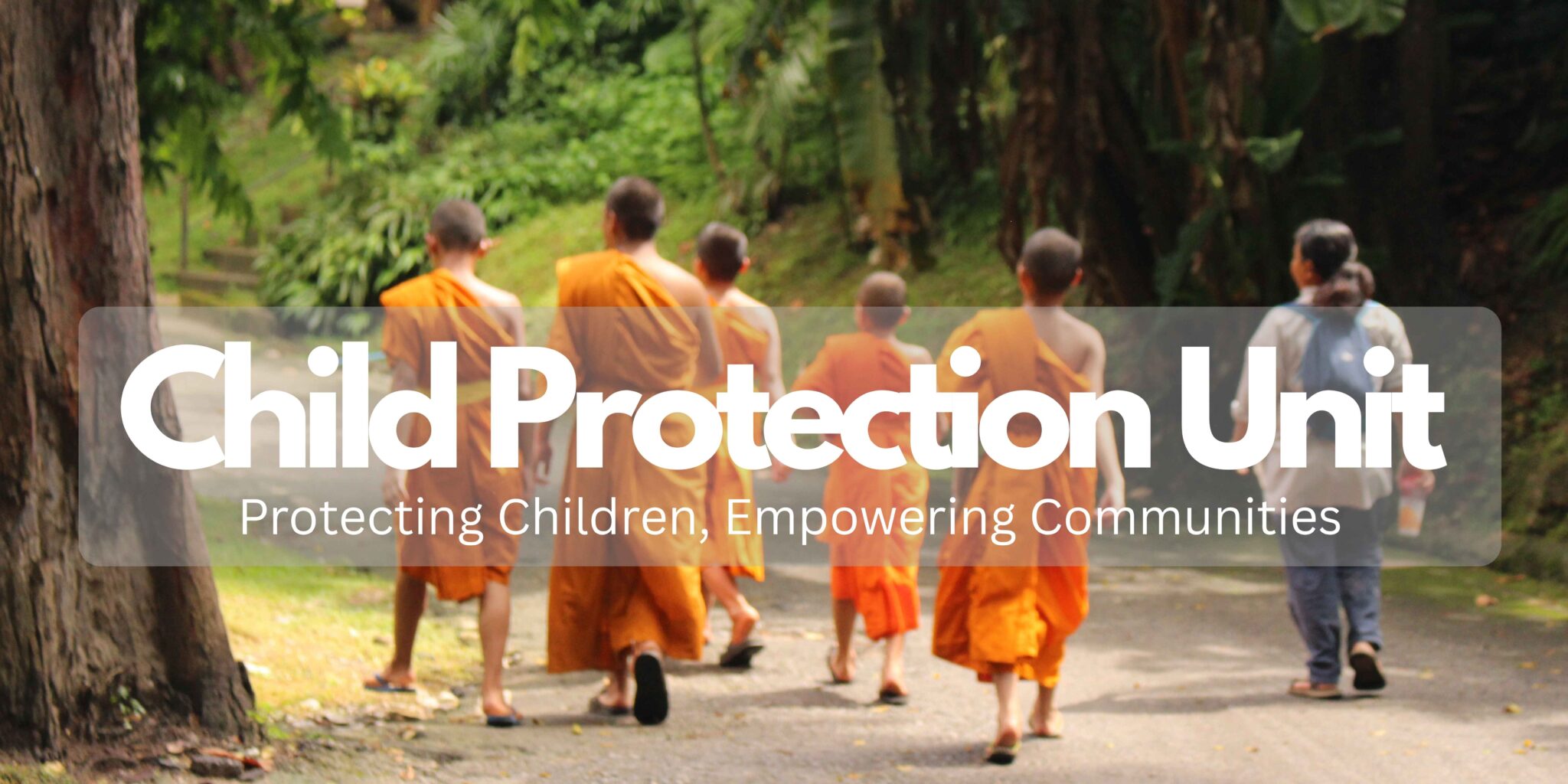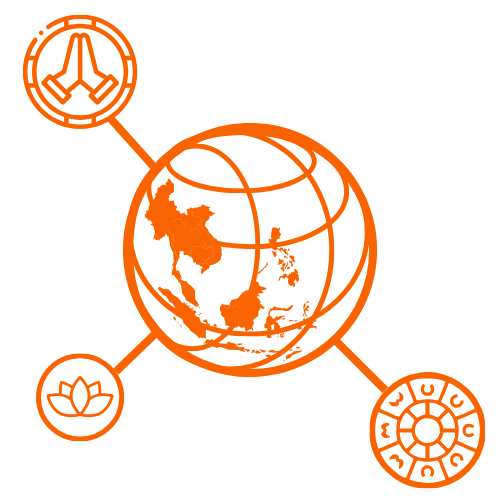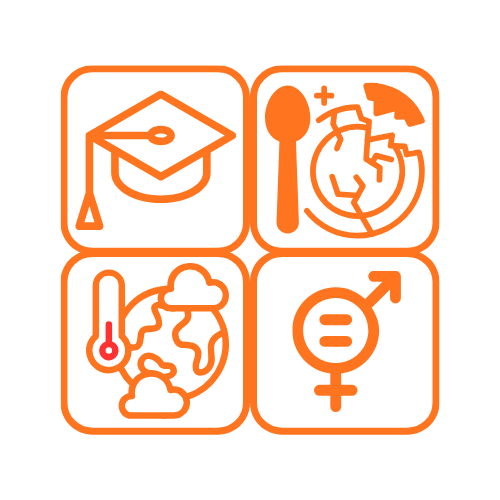
About Us
The Child Protection Unit (CPU) at INEB was created out of a simple but profound belief: that every child has the right to grow up safe, respected, and surrounded by care. Too often, children face risks that threaten their wellbeing, whether through neglect, exploitation, or environments that fail to hear their voices. Our work is dedicated to changing that reality by ensuring that children are not only protected from harm but also embraced as active participants in shaping the communities around them.
At the heart of the CPU is a commitment to compassion. We listen to children, making sure they know they are never alone and that there are trusted people and safe spaces where they can turn when they need help. We support families, teachers, and community leaders by offering training and resources that strengthen their ability to care for and protect children with kindness and understanding.
Our approach is holistic. Protection is not just about responding to harm – it is about creating cultures of safety, dignity, and love that prevent harm in the first place. By working alongside local communities, faith groups, and international partners, the CPU helps to weave networks of care that reach beyond borders and generations.
This unit reflects INEB’s broader vision of interconnectedness and justice. Protecting children is not only a responsibility, but a moral and spiritual commitment to uphold the dignity of life. Through the CPU, we strive to nurture a world where every child is free to learn, to dream, and to flourish without fear – knowing they are valued, protected, and loved.
Our Projects

Little buddha
A program focused on child safeguarding and policy implementation in buddhist institutions within Thailand

Asian Network of Buddhists for Child Protection
Expanding our work across the South East Asian region to protect children in all buddhist settings

SDG Academy
Promoting and developing the SDGs amongst youth in Mae Sot and Chiang Mai with an interfaith approach.
Buddhist Principles and the UNCRC Articles
At their heart, both Buddhism and the UN Convention on the Rights of the Child (UNCRC) are rooted in the understanding that every child deserves love, safety, and respect. They may come from different traditions (one spiritual, the other legal) but they meet in shared concern for the dignity and wellbeing of children. When we look at them side by side, we see not only harmony but also a richer vision for how children can be cared for in both spirit and practice.
Compassion (karuṇā)
This is the foundation of ethical action, reminding us to act with kindness and concern for the wellbeing of others, especially the most vulnerable. It calls on us to place children’s welfare at the heart of every decision.
Article 3: Child’s best interest
This article places the best interests of the child at the center of all decisions. It ensures that every choice made by adults, institutions, and governments must prioritise the child’s wellbeing.
Non-violence (ahiṃsā)
The practice of refraining from harm, which is central to Buddhism. It teaches that children must be free from fear, violence, or exploitation, and that our duty is to create environments of safety and peace.
Article 19: Protection from violence, abuse, and neglect
Children have the right to be protected from all forms of physical or mental harm, injury, abuse, or neglect. States and communities are responsible for ensuring this protection at every level.
Interdependence (paṭiccasamuppāda)
Buddhism teaches that all beings are connected, and a child’s growth is supported by the care of families, teachers, communities, and society as a whole. Nurturing a child is a shared responsibility.
Article 6: Right to life, survival, and development
Every child has the inherent right to life, and governments must ensure their survival and development to the fullest extent possible. This includes health, education, and the care of the whole community.
Respect for all beings (dhammapada)
This teaches us that to respect life is to honor the dignity and voice of every person, no matter their age. Children, too, are seen as beings with wisdom and insight, deserving to be heard and included.
Article 12: Respect for the views of the child
Children have the right to express their views freely in matters affecting them, and those views must be listened to and given due weight according to the child’s capacity. This ensures children are not only cared for but also recognized as active participants in their lives and communities.
Loving-kindness (mettā)
The wish for all beings to be happy and free from enmity. It is unconditional goodwill, extended equally without preference or discrimination. In relation to children, Mettā calls us to see every child as worthy of care, love, and dignity, regardless of their background or circumstance.
Article 2: Non-discrimination
Children’s rights apply to every child, without distinction of any kind. This guarantees that no child is left behind because of race, gender, language, religion, disability, or any other status.
Connect with us
If you would like to learn more about INEB’s Child Protection Unit or follow our projects’ regular activities through social media platforms:
This inbox is monitored weekly.
